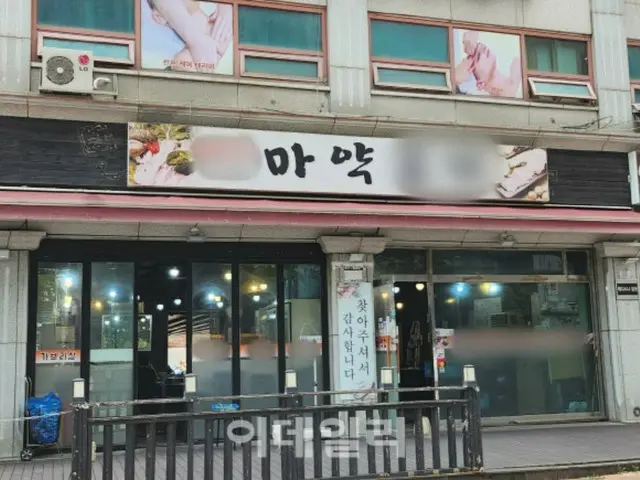The lack of a terminology and the need to change names that have been used for a long time are a major burden. Experts say that a change in perception among business owners is necessary.
According to the restaurant industry, starting this month, the government will prohibit the use of illegal drug-related terms such as narcotics, marijuana, heroin, and cocaine on signs and menus.
If a restaurant or other establishment does not change the labeling, it will be subject to administrative sanctions for unfair advertising under the Food Labeling and Advertising Act.
Names such as "Koshi" and "Drug Gimbap" were often used to mean "addictively delicious", but recently, concerns about the spread of illegal drug crimes have grown and regulations against it have been strengthened.
In response to this government policy, many restaurants have begun to change their product names. A member of the Kuppa franchise, which has used the word "drug" in its product names, said, "We're using a similar nuance to replace drugs.
"We have decided to find and use an alternative term for the 'sushi'," he said. "New franchisees will use the new product name."
Gwangjang Market in Seoul has also decided to stop using drug-related terms in line with changes in social awareness. However, some restaurants and self-employed people who have been using drug-related terms for a long time have decided to stop using drug-related terms in their product names.
Some have responded that it is excessive to restrict names that are used figuratively. If a brand name is changed, it will have to start advertising from scratch just like a new company, and it will be difficult to communicate on signs and menus.
According to the Ministry of the Interior and Safety's Local Administrative Permit Data Open System, there are still many restaurants with "narcotics" or "marijuana" in their product names.
There are more than 200 of them nationwide. A person in the restaurant industry who requested anonymity said, "We are not actually selling illegal drugs, and when we first used this product name, it was not illegal, but we suddenly changed it.
"We mainly sell our products through delivery platforms, but we changed our brand name and the reviews and ratings we had accumulated up until now were gone, so we panicked," he said.
Another source said, "I know that we need to change the product name, but it's not easy in reality. Even if we have to change it later, right now
"We plan to use two of them," he said. If companies change the drug labels or advertisements they are already using, local governments can support the costs, but there are complaints that "each local government has a different support budget."
Despite this, experts say drug marketing should be curbed, especially as the use of drug-related terms in foods popular among young people can make them less wary of illegal drugs.
"I understand the intention behind using the word 'drug', but drugs are associated with crime, so it gives the product a negative image," said Lee Eun-hee, a professor of consumer economics at Inha University.
"It could have the opposite effect," he said. "We need to make an effort to think of positive words rather than drugs."
2024/07/01 21:33 KST
Copyrights(C) Edaily wowkorea.jp 78

